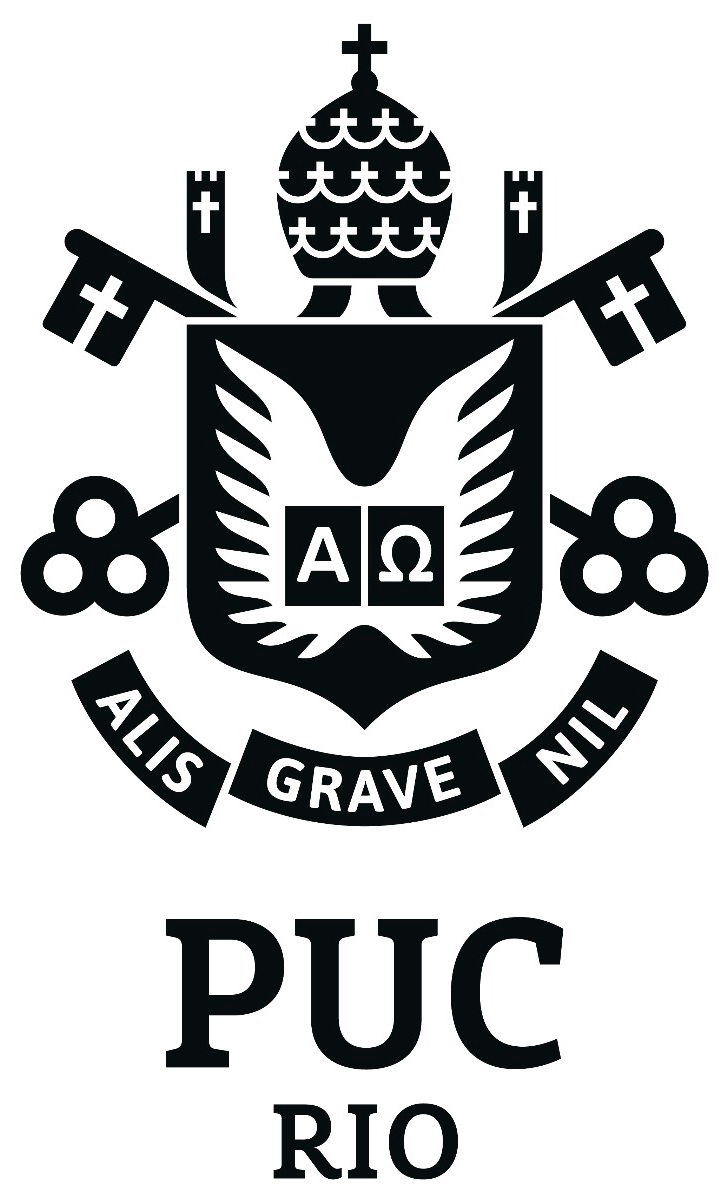The Quran and the Sword
Journal of the European Economic Association, v. 21, p. 1772-1820, 2023
Thierry Verdier.
Acesse o artigoThis paper elucidates the willingness of an autocrat to push through institutional reforms in a context where traditional authorities represented by religious clerics are averse to them and where the military control the means of repression and can potentially stage a coup. We show that although the autocrat always wants to co-opt the military, this is not necessarily true of the clerics. Exclusive co-option of the military obtains where the loyalty of the autocrat’s army is strong while the organizational strength of religious movements is rather low. Radical institutional reforms can then be implemented. Empirically, the dominant regime in contemporary Muslim countries is the regime of double co-option where the autocrat resorts to a double-edged tactic: pleasing the official clerics by slowing the pace of reforms and ensuring the loyalty of the military so as to put down clerics-led rebellions.
Veja também
Public Ownership and Anti-Preemption (a sair)
The RAND Journal of Economics, 2025
Juliano Assunção, Sergey Mityakov , Robert Townsend .
Estimating the Welfare Cost of Labor Supply Frictions (a sair)
Journal of Public Economics, 2025
Katy Bergstrom, William Dodds, Nicholas Lacoste, Juan Rios.
The Value of Health Insurance: A Household Job Search Approach ( a sair)
Journal of Labor Economics, 2025
Renata Narita, Rita Ginja, Gabriela Conti.

